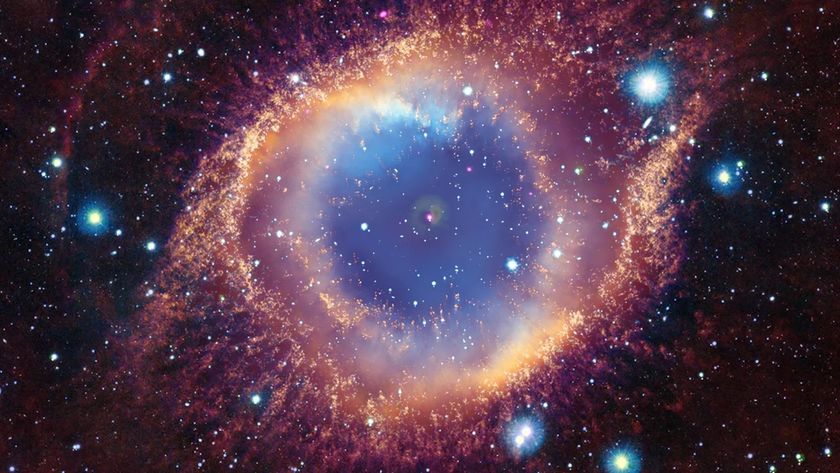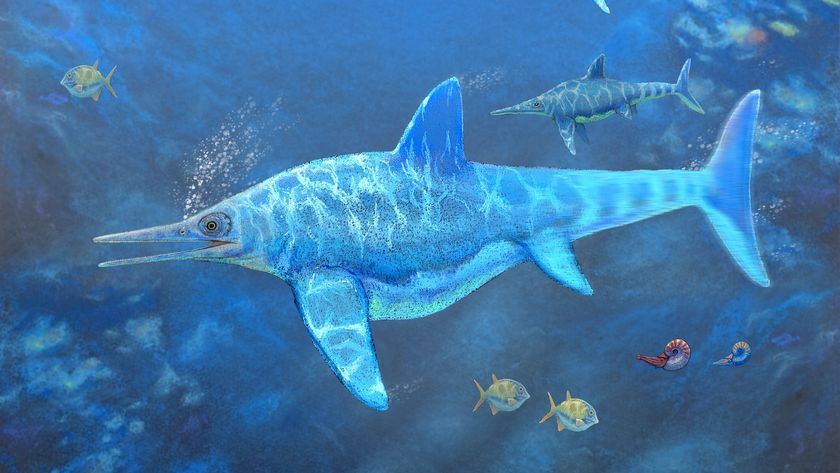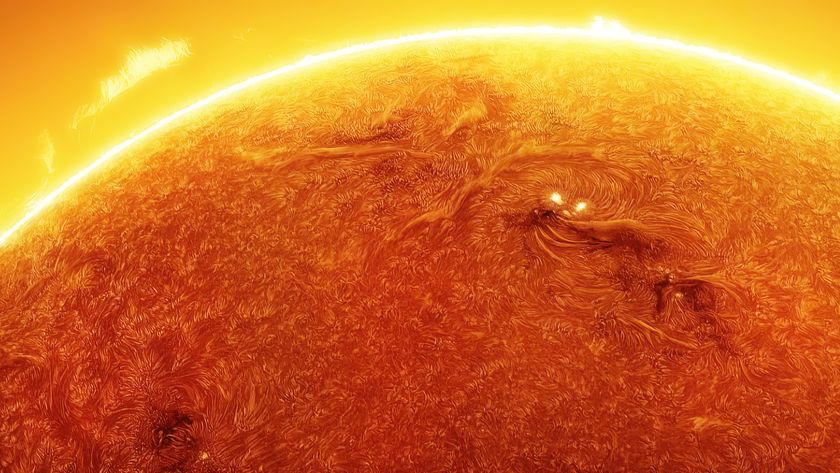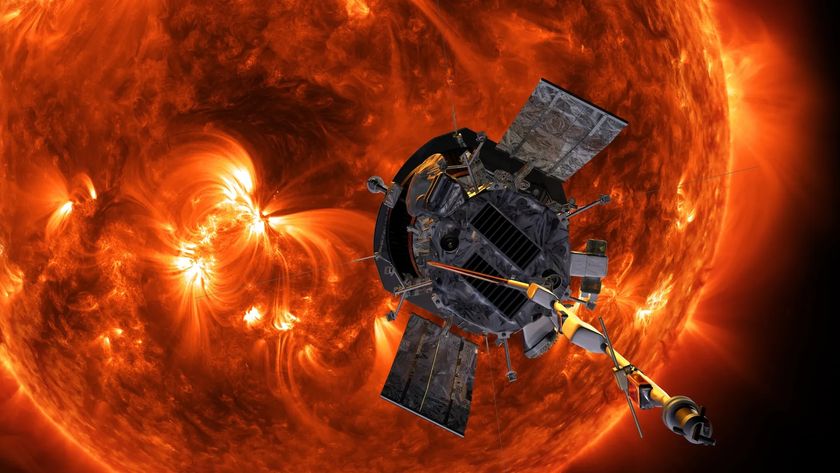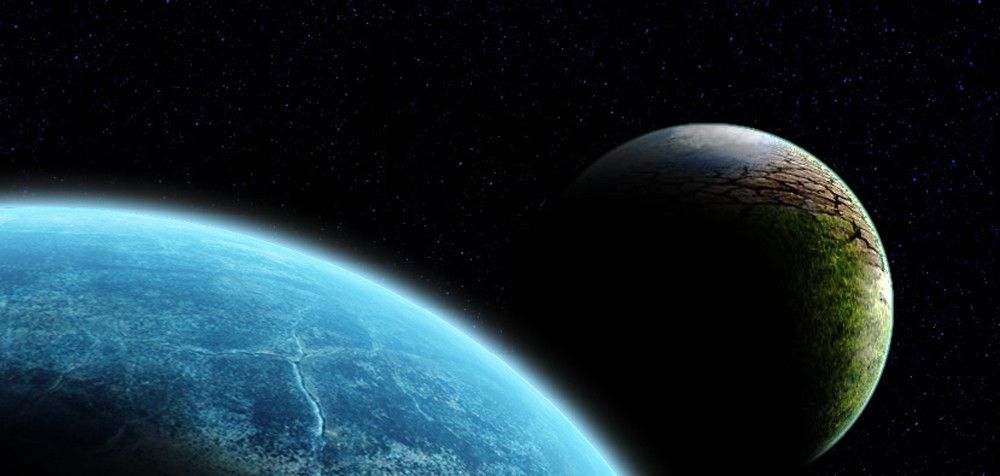
Humanity has just one week left to get its affairs in order, if you believe the doomsayers.
The world will come to an end next Friday (Dec. 21), according to one interpretation of the Mayan calendar that has found a number of believers online. Many different apocalyptic scenarios are envisioned, from a cataclysmic asteroid strike to a monster solar storm.
The source of the anxiety is the Mayan Long Count calendar, whose 13th bak'tun (or 144,000-day cycle) wraps up on Dec. 21. To the ancient Maya, this milestone would have marked the end of a cycle of creation — a fact doomsayers have seized on to bolster their dire predictions.
But there's no evidence that the ancient Maya themselves would be on board with this apocalyptic interpretation, say experts in Mayan history. Rather, they likely would have celebrated the event and simply rolled the calendar over to a new bak'tun.
Scientists agree that we have nothing in particular to fear on Dec. 21. No gigantic asteroids or mysterious rogue planets are on a collision course with Earth, they say, and there's no reason to think a massive, civilization-threatening solar storm is in the offing, either.
Indeed, the sun has been fairly quiet during its current 11-year activity cycle, which is known as Solar Cycle 24. And Earth has a history of weathering whatever the sun, or anything else, throws at it.
"Our planet has been getting along just fine for more than four billion years, and credible scientists worldwide know of no threat associated with 2012," NASA researchers write in an apocalypse-debunking FAQ.
Sign up for the Live Science daily newsletter now
Get the world’s most fascinating discoveries delivered straight to your inbox.
But that's not to say Dec. 21 is an insignificant date. It's one of the year's two solstices, marking the start of winter in the Northern Hemisphere and the onset of summer in the South. (The other solstice occurs in June.)
So while some people are hunkering down in bunkers awaiting the end, others will be celebrating the changing of the seasons on our ancient and abiding Earth.
This story was provided by SPACE.com, a sister site to LiveScience. Follow SPACE.com senior writer Mike Wall on Twitter @michaeldwall or SPACE.com @Spacedotcom. We're also on Facebook and Google+.





